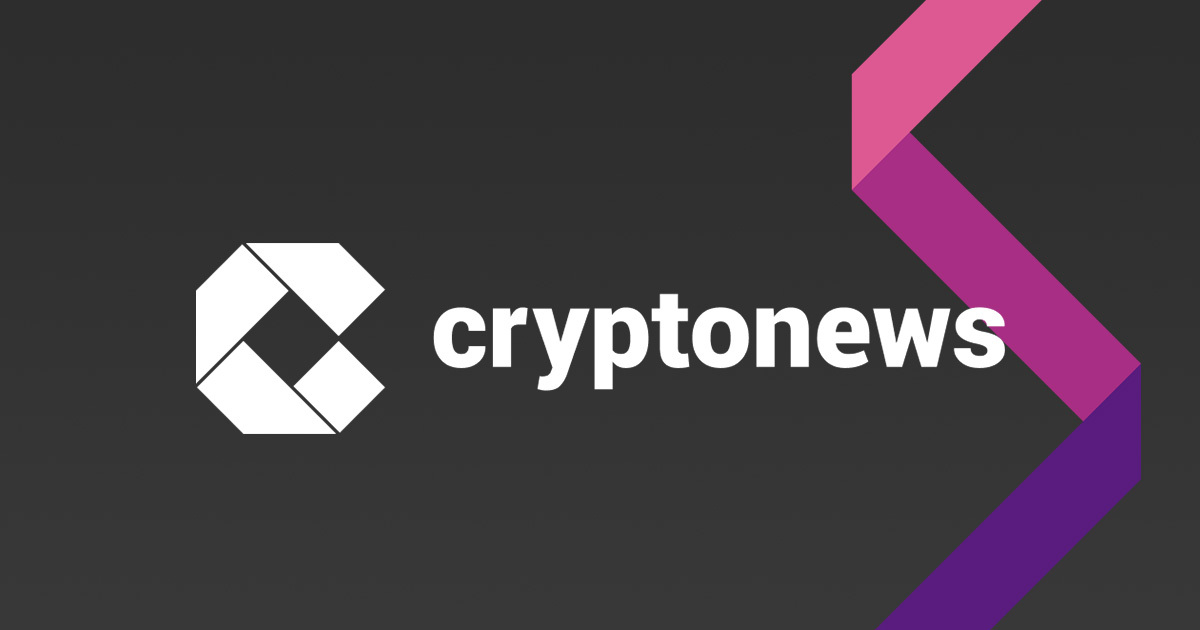
This week marked a key moment for crypto regulation, with transatlantic cooperation advancing, U.S. lawmakers clashing over market structure, and regulators weighing exemptions that could reshape the digital asset industry. Here’s what you need to know.
UK–US Launch Transatlantic Crypto Task Force
The UK and the U.S. have announced the formation of the Transatlantic Task Force for Markets of the Future, designed to strengthen regulatory cooperation on digital assets and capital markets.
The UK and US have launched the Transatlantic Crypto Task Force to coordinate digital asset regulation and capital markets policy. #Crypto #UK #US https://t.co/3oVXOws8mq
— Cryptonews.com (@cryptonews) September 22, 2025
Revealed during President Donald Trump’s state visit to the UK, the initiative represents the first major step toward harmonizing rules between the world’s two largest financial hubs. The task force will focus on laying the groundwork for a unified approach to tokenization and crypto oversight.
Senate Divisions Over Market Structure Bill
In Washington, crypto legislation is heating up. Twelve Senate Democrats, including Kirsten Gillibrand and Cory Booker, urged Republicans to pursue bipartisan authorship of a landmark market structure bill.
A group of Senate Democrats has expressed support for a bipartisan crypto market structure bill, requesting collaboration with Republicans. #CryptoRegulation #Markethttps://t.co/J6mVj59Xsr
— Cryptonews.com (@cryptonews) September 22, 2025
The group pointed out the $4 trillion scale of the digital asset market and called for balanced representation ahead of an expected Banking Committee vote. Meanwhile, SEC Chair Paul Atkins has pressed lawmakers to fast-track the bill, with the White House reportedly setting a deadline.
Retirement Savings, Innovation Exemptions on the Table
Lawmakers are pressing the SEC to implement Trump’s order opening the $12.5 trillion 401(k) retirement market to alternative assets, including crypto. Committee leaders, French Hill and Maxine Waters, called for swift action and expanded access for accredited investors.
Separately, the SEC is preparing to roll out an “innovation exemption” by year-end, intended to give crypto firms breathing room to launch new products without immediate compliance hurdles. Chairman Atkins described the exemption as a platform for development that could accelerate the U.S. push to become a global crypto hub.
Scrutiny, Tax Hearings, and Leadership Shifts
The crypto regulation microscope intensified as U.S. authorities probed suspicious trading activity ahead of corporate crypto treasury announcements, warning firms against selective disclosure of material information.
At the same time, the Senate Finance Committee scheduled an October 1 hearing to grill Coinbase executives and tax experts on digital asset taxation, showing an incoming crackdown.
The US Senate has prepared to question @coinbase VP Lawrence Zlatkin on October 1 over digital asset taxation. #Crypto #TaxPolicy #Coinbasehttps://t.co/jwLVlXqKft
— Cryptonews.com (@cryptonews) September 25, 2025
Meanwhile, the White House is weighing new picks to lead the Commodity Futures Trading Commission. With Brian Quintenz’s confirmation stalled, former CFTC officials Josh Sterling, Jill Sommers, Kyle Hauptman, and others are reportedly under consideration.
The White House is considering new candidates to lead the Commodity Futures Trading Commission (CFTC) amid delays in Brian Quintenz’s confirmation process, reports this week allege.White House Considering New CFTC Chair PicksAccording to a S…https://t.co/qGIMno8gSj
— Cryptonews.com (@cryptonews) September 25, 2025
CFTC Explores Stablecoin Collateral to Boost U.S. Market Edge
The CFTC’s decision to examine tokenized collateral and stablecoin integration in derivatives markets this week also marks a key moment for digital finance.
With stablecoins now approaching a $300 billion global market cap, their role has shifted from niche instruments to foundational building blocks of modern capital markets.
This latest initiative is not just about adopting new technology—it’s about securing U.S. competitiveness in a financial landscape where Asia and Europe are moving quickly on digital asset infrastructure.
Ryne Saxe, Co-Founder and CEO at Eco, explains, “Like every other financial market built on traditional rails, derivative markets have been held back by legacy technology. As we rebuild these markets atop programmable money, you get better capital efficiency, lower market risk, and greater transparency.”
The speed of change is striking: within a year, stablecoins have moved from being explained in policy briefings to adoption in U.S. payments and derivatives markets. The CFTC’s exploration shows Washington’s recognition that programmable money isn’t just the future of finance—it’s the present.
The Bottom Line
The week just shows how fast the crypto regulation ground is shifting. From task forces to exemptions, retirement markets to tax scrutiny, both the U.S. and the UK are positioning digital assets squarely within mainstream finance. The challenge now will be whether coordination and bipartisan willpower can match the pace of innovation.
The post Weekly Crypto Regulation Roundup: U.S. & UK Drive Global Rules as SEC, CFTC Indicate Shakeup appeared first on Cryptonews.
Disclaimer: This news has been automatically collected from the source link above. Our website does not create, edit, or publish the content. All information, statements, and opinions expressed belong solely to the original publisher. We are not responsible or liable for the accuracy, reliability, or completeness of any news, nor for any statements, views, or claims made in the content. All rights remain with the respective source.
